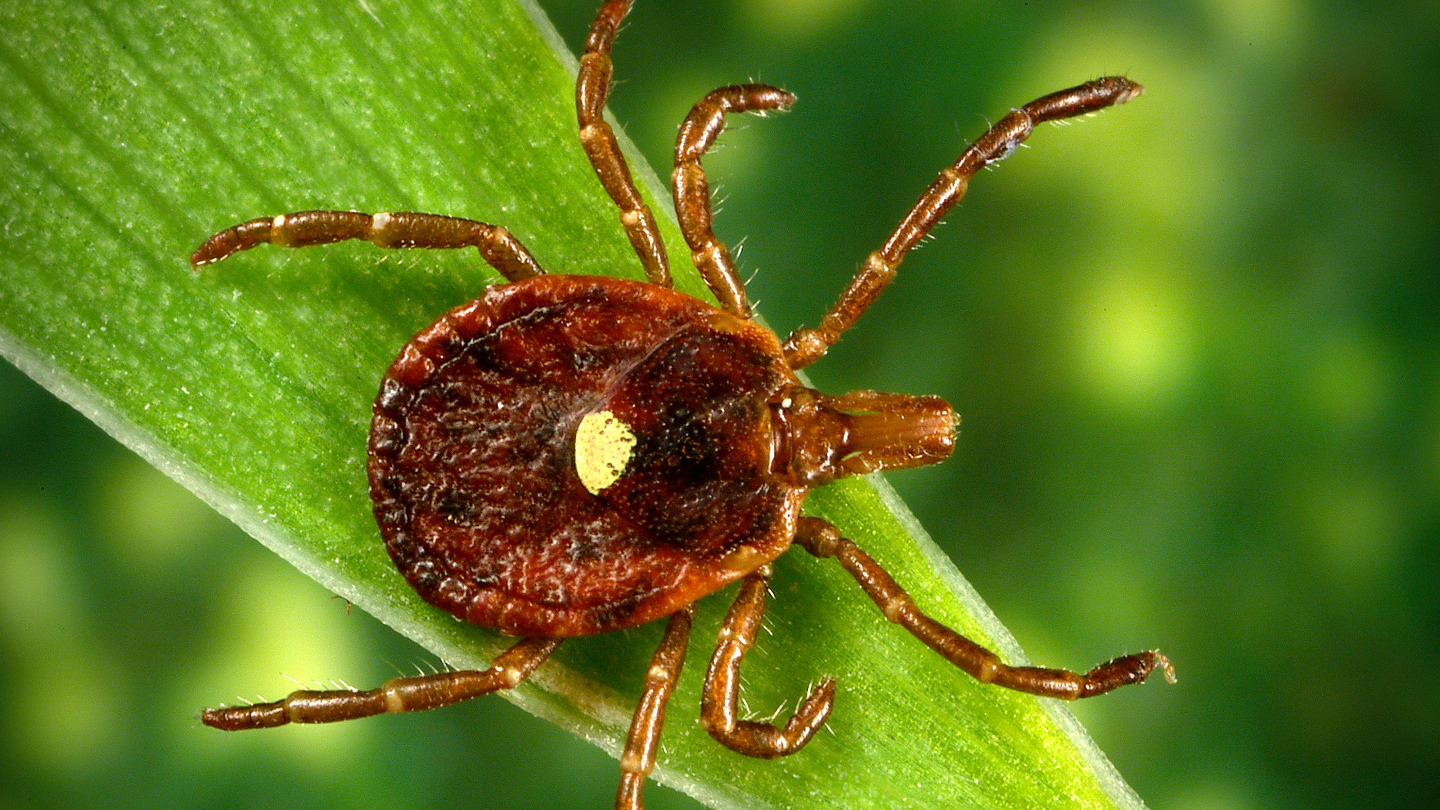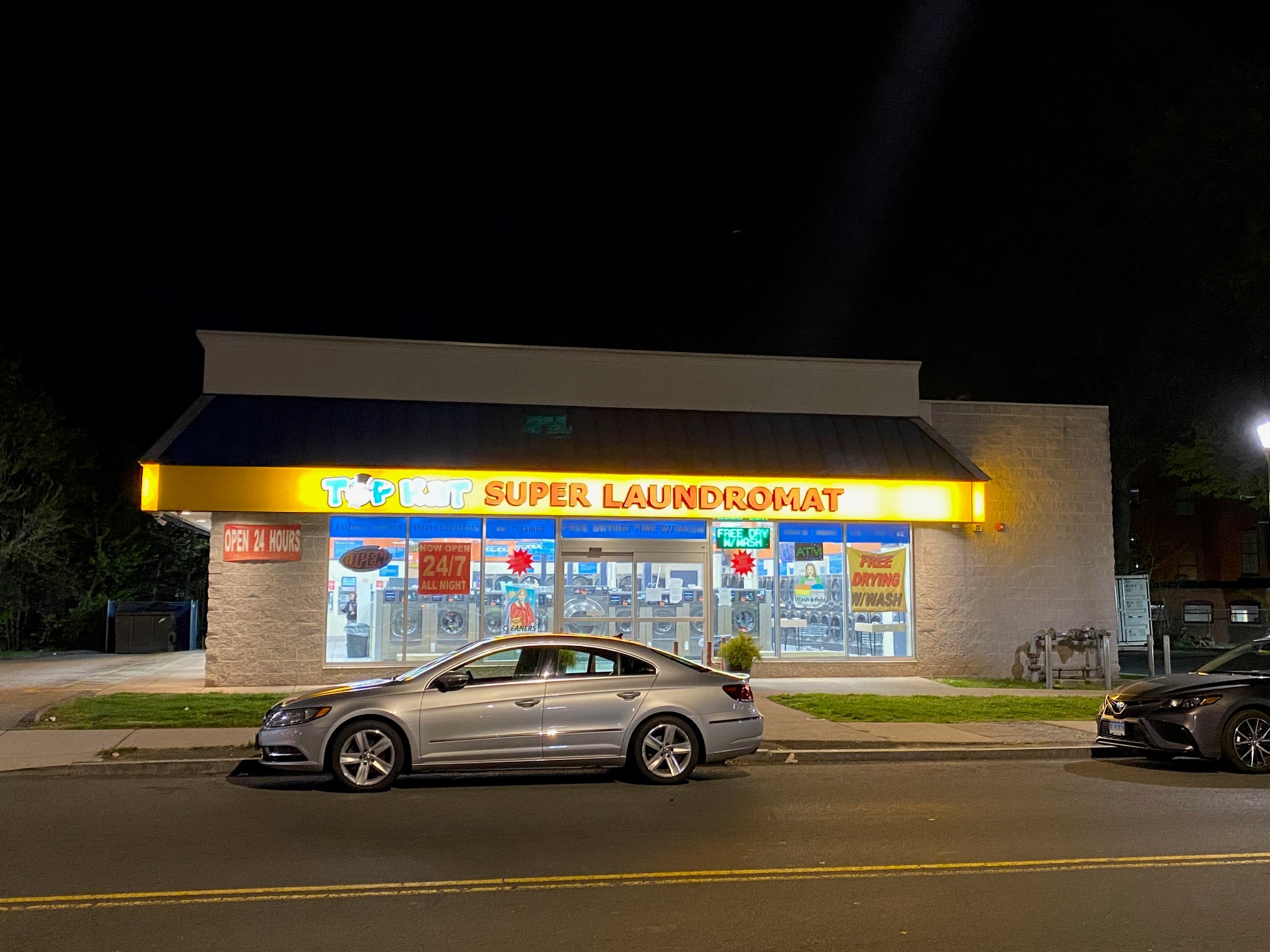Companies around the world are working on vaccines and treatments for the coronavirus, and that includes the Pfizer lab in Groton. They've already started human clinical trials of a vaccine they believe could be available as soon as September.
Inside the Pfizer lab in Groton there's a two-prong approach to defeating COVID-19: developing treatments and developing a vaccine.
The research for a treatment began in the early 2000s with SARS.
"We were able to discover molecules having activity against that virus and potentially being effective," said Pfizer Connecticut Laboratories Site Director John Burkhardt. "There are great similarities in the virus and in the way we would treat it, so we have been able to pick up on the research that had been done years ago and quickly get a project into a later stage and to clinical study very rapidly."
Burkhardt says that probably gave them a year head start. He says the treatment would be given intravenously. There's also an oral treatment Pfizer is developing that could be taken at home.
"We will need to go through the clinical development phase. Now partnering with regulators, we think that can be very compressed and rapid in comparison to the normal range of time that it takes for that,” said Burkhardt.
He says the IV treatment could potentially be available to patients in 2021 and the oral treatment year after that.
Local
The big news this week from Pfizer came from their work on a vaccine in partnership with a German company. It would instruct cells to make the viral protein without making someone sick, hopefully forcing the immune system to create antibodies to fight off the virus.
"We're really excited about this technology in which the Messenger RNA is encapsulated. This is administered to the patient. The patient's cells will take the Messenger RNA and produce the protein, the viral protein, that will provide the immunity for the host. It is a new technology. It is a new approach. That contributes a lot to our ability to move more quickly, scaling up manufacturing," said Burkhardt.
A human clinical trial is now underway. A woman at NYU is one of the first healthy Americans to receive it.
"We start with people ages 18-55. They'll be the first enrolled. We will do tens or hundreds of patients and then scale up after that," said Burkhardt.
Burkhardt says they'll test the vaccine in phases. They'll begin with the most healthy and learn about the safety and efficacy. They'll then move to older groups and then to groups more vulnerable to infection.
"One of the historical factors is the level of partnership among the pharmaceutical companies, with academia, with government. We're not competing against each other. We're competing against the virus, and we think science will win. And we'll win faster if we work together," said Burkhardt.
Pfizer says the vaccine could be ready in months with perhaps millions of doses available by the end of the year.
But experts point out it's still experimental.
"We don't yet have a licensed vaccine for RNA or DNA vaccines because in the past they've worked very well in laboratory animals, but those immune responses have not translated into good human immune responses," said Dr. Peter Hotez with Baylor College of Medicine.
Burkhardt says one of the things that can take years to show with a vaccine is its effectiveness.
"For example, diseases that occur at a low frequency in society require thousands upon thousands of patients be enrolled in the trial to show that you have a beneficial effect. With this disease, it's so prevalent and so easily spread that we should be able in a relatively short period of time demonstrate that efficacy as well as the safety," said Burkhardt. "That efficacy part will develop much more quickly with this kind of pandemic scenario and that helps the timeline."
Burkhardt says everyone is working together to take on the virus.
"Science will win. Humankind has fought maladies such as this in the past. I believe that science will win this time, and we will win quickly. The urgency has never been greater," said Burkhardt.



